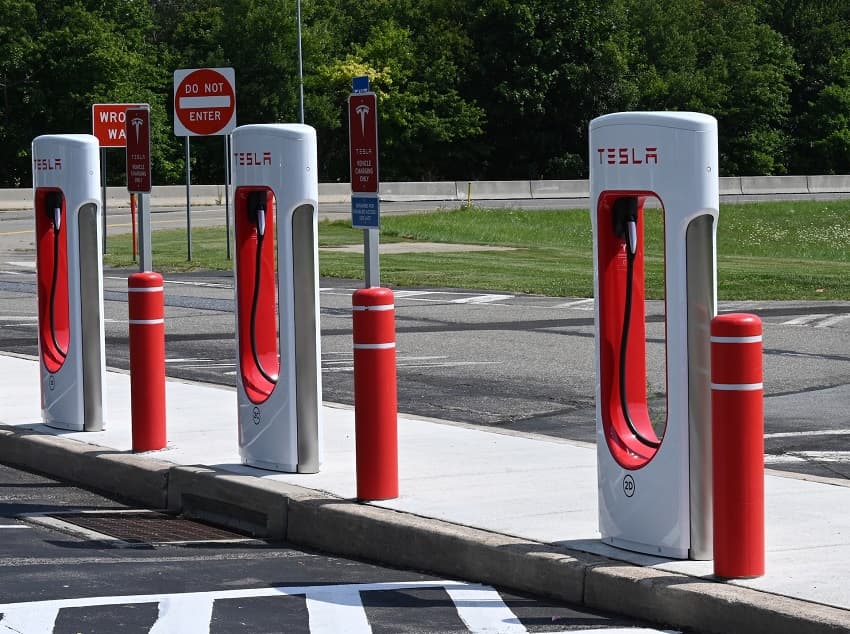The new EV tax credit that is part of the IRA – Inflation Reduction Act – includes more prescriptions and prerequisites for those wishing to buy an EV and access tax credit in the US. Could this limit the freedom of choice of American customers and make their lives – unnecessarily – more difficult?
Let’s have a look at the new EV tax credit framework and try to find out.
There used to be only one limit: 200,000 EVs per automaker
Until the IRA was issued, the only limit to accessing the EV tax credit was whether the automaker had already reached a total sales of 200,000 EVs. This was included in the 2009 – Obama Administration – regulation that was meant to help EV sales. Tesla, GM, and Toyota were the only automakers hitting that limit.
The consequence of hitting the limit was a slow phase-out of the federal tax credit. Now things seem to be more complicated for potential customers. Let’s see how and why.
And don’t forget that the 200,000 EVs tax credit limit still applies to Tesla, GM, and Toyota until the end of this year. (!)
Accessing the new EV tax credit
Disclaimer: We are fully aware of the goals of these regulations. They are meant to support the US economy and build a local supply chain of materials. What we question here is how complicated it has become to buy an EV for those that could only afford it if accessing the EV tax credit.
To access the new EV tax credit, the first thing customers should now look into is whether the EV of their choice is built or not in the US. That’s not as easy as it sounds, there are many carmakers that have factories both in the US and abroad. How are customers supposed to know where the car they’d like to buy is built?

The second thing a potential customer should find out is where the EV battery gets assembled. According to the new IRA regulations, EVs on the market before 2024 must have more than 40% of their battery components assembled in North America to access the EV tax credit. That number increases every year up to 80% in 2027.
RELATED ARTICLES: London Electric Cars, Converting Classic Cars into Modern EVs | Formula 1 Releases Its 2023 Calendar and Forgets the NetZero Pledge | World’s Electric Vehicle Fleet Will Soon Surpass 20 Million | 5 Small EVs for Sustainable Cities
The regulation does not only cover battery assembly. It focuses also on the “critical minerals” that are in it. Those should come from either the US or countries that have free agreements with the US. The percentage of these materials from either the US or free trade countries follows the same principles of the battery assembly rule. It starts at 40% in 2023 and reaches up to 80% by 2027. Failure to meet these battery requirements could lead to losing up to half of the EV tax credit.

The new regulation also adds further limits to access to the EV tax credit. These limits are related to EV prices, types of vehicles, and personal income. Those are not very surprising, and they actually make sense!
What about used EVs?
Unfortunately the same cannot be said for the section covering used vehicles. There is a $ 4,000 EV tax credit available but that applies only if: you buy the used EV from a dealer, the vehicle should at least be two model years older than the current on the market, it has a price below $25,000, no one else has already claimed the same tax credit for the same vehicle, and the vehicle will only be used for personal use.
As you can see the new regulation is quite complicated. Even for used EVs. If you are willing to go through this process be prepared and patient. After all, switching to an EV has still many advantages.
Editor’s Note: The opinions expressed here by Impakter.com columnists are their own, not those of Impakter.com –In the Featured Photo: Charing an Electric Car. Photo credit: Unsplash.











